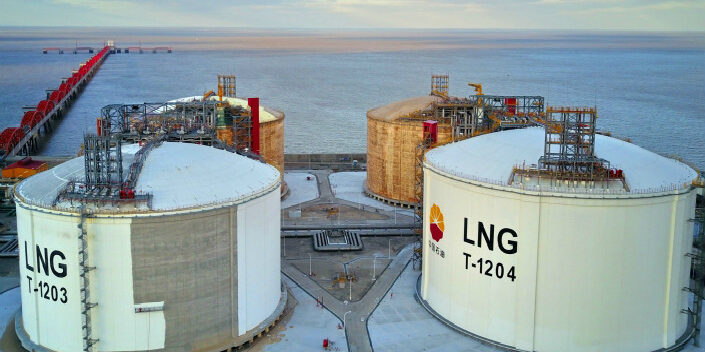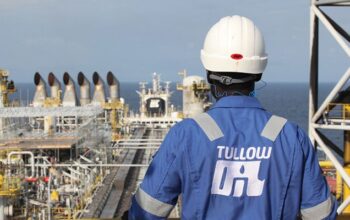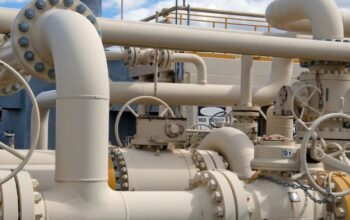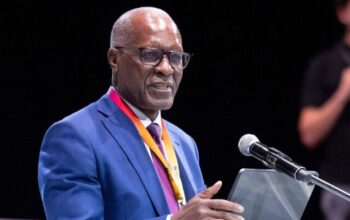Congolese Hydrocarbons Minister Bruno Jean-Richard Itoua shared plans to establish a national gas company by Q3 2024 at the Invest in African Energy forum, organized by Energy Capital & Power.
Minister of Hydrocarbons of the Republic of Congo (ROC) Bruno Jean-Richard Itoua shed light on the country’s oil and gas development plans on Wednesday, as the Invest in African Energy forum in Paris came to a close.
The Minister confirmed that the government is prioritizing the formation of a gas master plan and comprehensive gas code and will establish a national gas company by Q3 2024.
ROC has successfully fast-tracked the development of several large-scale LNG projects in recent months, including Eni’s Congo LNG and Wing Wah’s multi-phase Banga Kayo projects.
“Gas will be transformed mainly for the local market. Gas, LPG, LNG – this is the main target. If there is any excess, then we will export it.
In terms of exporting, it will not be for Europe, but for the sub-region, where the needs are also very high,” stated Minister Itoua.
Our starting point is to solve energy poverty – not only for ourselves, but for the world
The Congolese Minister underscored the role of public-private sector cooperation in advancing integrated gas projects and driving upstream investment, with a view to increasing production and achieving market stability – targeting as much as a 60% oil production increase in one to two years.
The country has also seen recent merger and acquisition activity, with Trident Energy acquiring Congolese assets from Chevron and TotalEnergies last month.
“Maybe 95% of investment in the oil sector in the Congo comes from the IOCs,” said the Minister. “Our responsibility [as the government] is to create the best business environment, best legal network and best facilities to attract investors and partners interested in building solutions with us.”
Speaking on the intersection between energy security and transition, Minister Itoua positioned universal access to electricity and clean cooking as key priorities for ROC and the continent.
“Our starting point is to solve energy poverty – not only for ourselves, but for the world. Is energy security in opposition to the energy transition? No – we can do both at the same time.”
![]()




